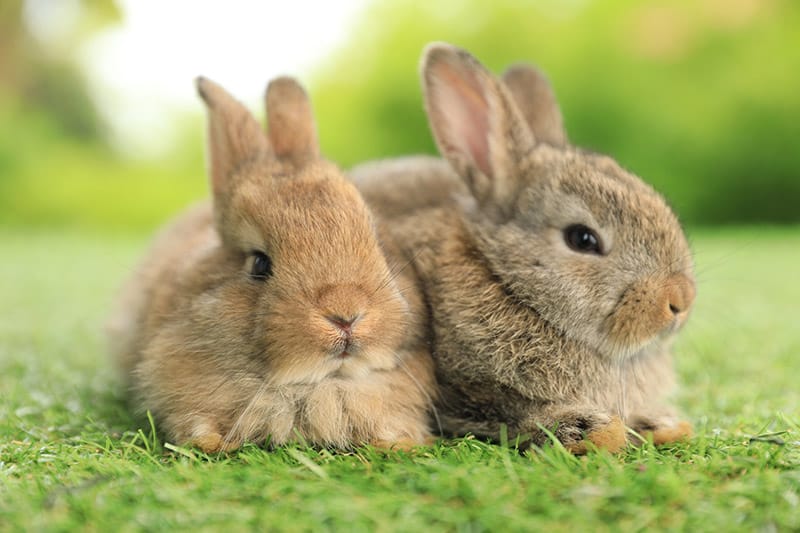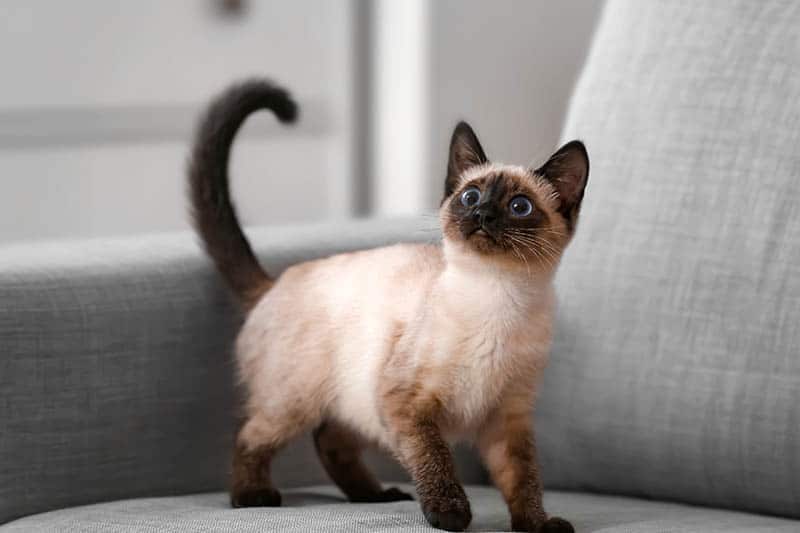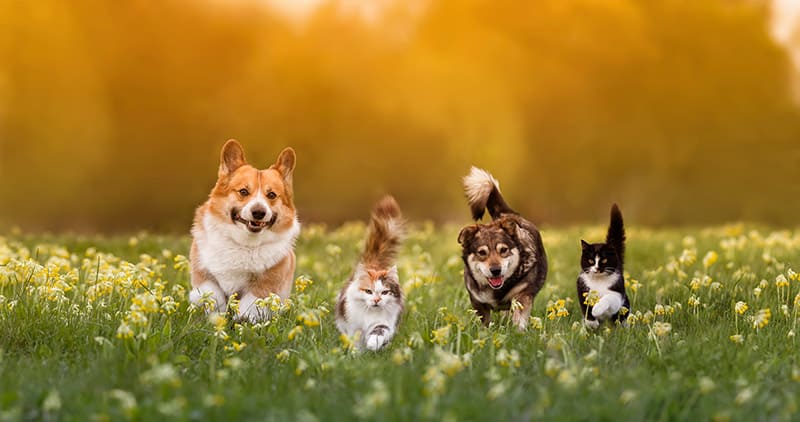Finding “what pet is right for me”, is the key to fun and successful pet ownership!
The best pets are those that make great companions. There are many different types of pets that could be right for you and be a wonderful complement to your life. Your pet choice should be based on what sort of animal suits your personality, works best with your lifestyle, and matches your needs.
If you know you want a pet, but aren’t sure which would be best for you, this guide can help. The perfect pet will be unique to you and finding it can be a fun and rewarding experience. Hundreds of people have told me their stories of about how they came to own their pets, and how they have changed their lives for the better. Passionately expressing their feelings of love and devotion, they speak of their pets as if they were members of the family – and for all intents and purposes, they truly are.
Not every animal may be right for you, so let’s walk through the kinds of questions to ask when choosing a pet. The needs and temperaments of animals vary greatly, as do those of the people who keep them. For example, some animals are better suited to pet keepers living in small quarters, such as apartments. Others will do best on very large properties, or where they have lots of room to romp and play, and many pets fall somewhere in the middle.
As you explore the questions below you’ll discover which animals are suitable for each situation, this will narrow down your selections and help you make the right pet choice. Whether it’s a commonly kept pet such as a dog, cat or goldfish, a colorful and talkative parrot, or perhaps a scurrying lizard or fun-loving potbellied pig, the animal you choose can bring you years of entertainment and happiness.
- To see all the types of pets, visit the Animal-World main page.
Kinds of pets
When it comes to the types of animals that can be kept as pets, there are many to choose from.
- Dogs and Cats
Dogs and cats are the most common types of pets. They are the animals most people consider first, and they make some of the best pets. That’s because they have been kept as pets for thousands of years, making them well-domesticated and easy to train.
There are many types of dogs and cats available. There are numerous breeds to choose from, each with its own unique characteristics and temperament. Mixed breeds that are in need of a loving home can make a good pet choice too, and are readily available from your local shelter.
Dogs and cats are generally simple to care for, and you can find all of the food and supplies you’ll need at your local pet store, grocery or discount store.
- Other Types of Pets
Dogs and cats are just the tip of the iceberg. There are many lesser-known animals that come with certain advantages that can actually make them the best pets. For instance, renters may not be allowed to keep dogs or cats, or may have to pay a large deposit to keep them. However, landlords are not generally concerned with small aquatic and caged animals, because they are less messy and unlikely to cause property damage.
You can find all sorts of animals at local pet stores, from specialized breeders or through online retailers.
Image Credit: studio hoto, Shutterstock
Best pets for my lifestyle
When choosing a pet, one of the most important things to consider is your lifestyle. Different types of pets require different amounts of attention and care, and any pet you choose should fit well into your daily schedule.
When making a pet choice, you’ll also need to determine just what you want out of a pet. Are you looking for a cuddly companion, a playmate, or a pet you can observe that doesn’t require a great deal of interaction?
It’s important to consider the others in your household as well. Their personalities and schedules will also be factors in your decision. If you have children, you’ll need a pet that is easygoing and playful. The best pets are those that will fit in well with your family, so you might need to do some compromising.
Considerations for choosing a pet
When taking on the responsibility of a pet, you and each member of the family must be willing to commit to providing a good home for it. Find out how much time each family member can devote to the pet. Discuss each person’s responsibilities for the animal’s care, feeding, grooming, exercise, socialization and training. Determine who will be responsible for the expenses involved, and make certain that every need for the pet you’re considering will be met.
Consider the following questions about yourself before committing to a pet.
- Home
Do you live in the city, suburbs or out in the country? How much space do you have indoors and out?
- Activities
Are you the active type, or is your time spent at home of a sedentary nature? Are you looking for an exercise companion or a pet to keep you company while you do things around the house?
- Physical Condition
Are you physically capable of taking care of the type of pet you’re considering? Caring for a large animal or one with extensive habitat needs can be physically demanding.
- Time
Do you spend much time at home? Some pets need someone with them most of the time, especially when they are young. Others can be left alone for long periods of time.
- Money
What is your budget? This is a very important consideration, because all pets require some degree of financial commitment. You’ll have to pay for food, housing and other daily needs, as well as veterinary care and any special needs your pet may have. These costs vary considerably from animal to animal.
Image Credit: UNIKYLUCKK, Shutterstock
Characteristics of the perfect pet
One of your primary considerations in your pet choice will be whether you’ re looking for a companion, a worker or a show animal. Pets come in a wide variety of shapes, sizes, colors and species. Carefully considered your reasons for getting a pet, and the answer to the question “what pet is right for me” will start to emerge.
- Companion Animals
Companion animals may stay indoors all the time, spend time outside, or even go with you on outings and trips. They can range from fish and reptiles to birds to active dogs or horses. Companion animals are as varied as their owners’ personalities.
- Working Animals
Working animals are kept for purposes such as guiding the blind, herding sheep or hunting. When you’re looking for a working animal, your options will be narrower than if you were looking for a companion. Still, it’s important to carefully consider the breed and its needs.
- Show Animals
Show animals require extra care, grooming and training. If you’re considering such an animal, you should be prepared to take on a major commitment. The rewards of owning such an animal are numerous, but so are the costs and responsibilities.
Narrowing down to your pet choice
When choosing a pet you can now narrow down your choices. From above, you’ve considered your lifestyle, the amount of space you have, and your budget. You also know the amount of time you and your family can commit to the new addition. And you have determined what you want from a pet. So now… you can get to the fun part, choosing the perfect pet for your home and family.
Narrow down you pet choices based on what you’ve learned:
- Your needs
First pick out animals that are suitable for you.
Make a broad selection base on what you’ve considered are your personal preferences and needs. What you’ve determined about yourself, your lifestyle, and your family’s needs will point to suitable animals.
- Pet needs
Next refine your selection based on the animals needs.
Research each animal on your list. You will see that not all animals are not suitable for every situation. For example dogs with thick fur are more difficult to keep in warmer climates without special considerations.
- Available Pets
Lastly, determine which selections are available.
Not all animals may be available to you or may be more difficult to obtain. Keeping certain types of pets is illegal in some states and cities. Some require special permits or licensing. If you want to keep these types, you will have to check with your local and state authorities to find out what is required.

List of the types of pets
There are many kinds of animals you can choose from. This list will give you a great overview of all the different animals you can consider. Those with links will take you to a group containing the various species or breeds of that type. A few links go directly to an individual animal if it has no “group” it belongs to.
House pets: Indoor or indoor/outdoor
- Dogs
- Cats
- Exotics: Muntjac Deer, Raccoons, Ring-tail Possum, Short-tailed Possum, etc.
Aquarium animals
Birds – avian animals
- Small parrots: Parakeets, Cockatiels, Lovebirds, Conures, Lorikeets
- Large parrots: Amazons, African Greys, Cockatoos, Macaws
- Mid-sized parrots: Caiques, Eclectus, Pionus, Meyers Parrot, Red-bellied parrot, Senegal Parrot
- Other types of parrots
- Finches
- Canaries
- Doves and pigeons
- Toucans, Mynah Birds
- Pheasants, Quail
- Falcons, Hawks, other birds of prey
Small Pets: Mammals and rodents:
- Rabbits
- Guinea pigs
- Mice
- Hamsters
- Gerbils
- Rats
- Hedgehogs
- Ferrets
- Chinchillas
- Squirrels
- Sugar gliders
- Other exotics: Degus
Herptiles: Reptiles, Amphibians, Land Invertebrates
- Lizards: Agamids, Chameleons, Geckos, Iguanids, Monitors, Skinks, Tegus
- Snakes
- Amphibians: Frogs, Salamanders, etc.
- Turtles
- Tortoises
- Arachnids: Tarantulas
- Arthropods: Scorpions, Whip scorpions
- Land Invertebrates: Centipedes, Crabs, Snails, etc.
Outdoor pets
- Horses – Miniature Horses – Ponies
- Burros
- Goats
- Llamas
- Pot-bellied pigs
- Aviary Birds, Ducks, Geese, etc.
- Other Exotics
Featured Image Credit: Bachkova Natalia, Shutterstock
